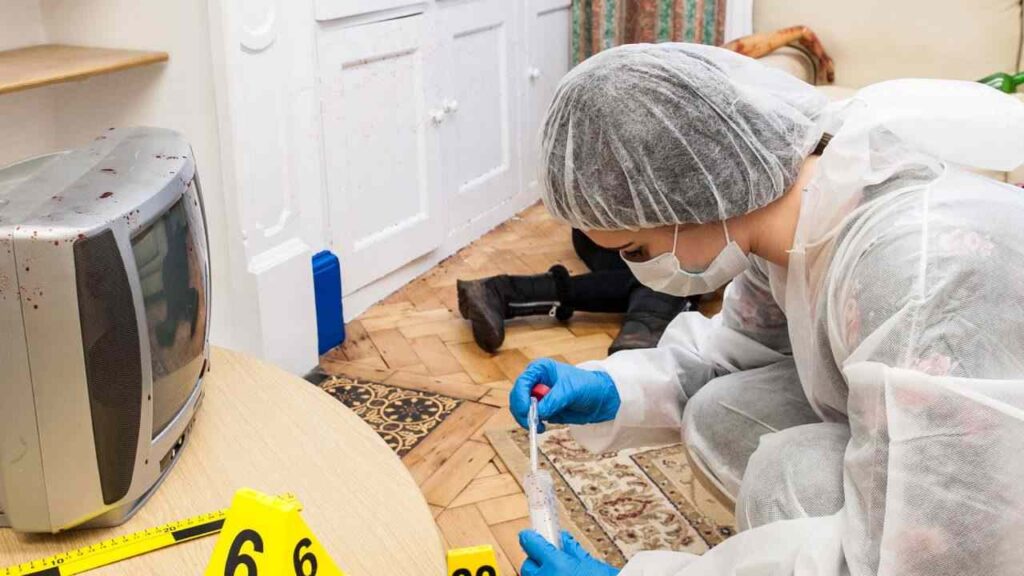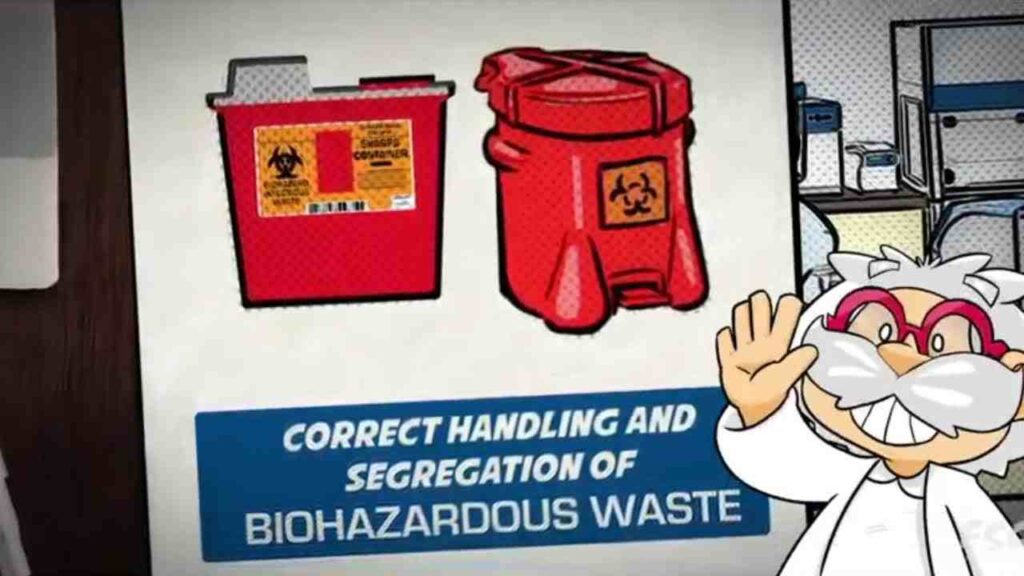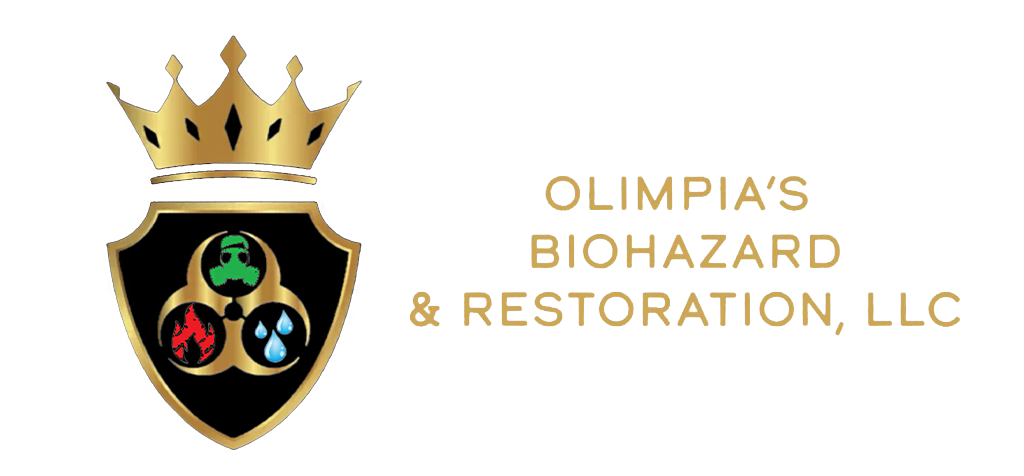Navigating the complex terrain of legal and insurance matters in the field of crime scene cleanup in Portland is no easy task. When faced with the aftermath of a traumatic event or biohazardous situation, it’s not just the physical cleanup that requires expertise; it’s also the intricate web of legal regulations and insurance procedures that must be meticulously managed. Professionals in this industry play a vital role in restoring safety and hygiene, all while ensuring that they meet the necessary legal standards and leverage insurance coverage effectively. With the assistance of Olimpias Biohazard, in this article, we’ll delve into the essential aspects of handling legal and insurance issues in crime scene cleanup, shedding light on the challenges and solutions in this crucial service.


Crime scene cleanup, often dealing with the aftermath of traumatic events and biohazardous situations, is a field far more intricate than one might imagine. Professionals must navigate a labyrinth of legal requirements, ensuring compliance with biohazard disposal rules and workplace safety guidelines. Additionally, they play a pivotal role in facilitating insurance claims, which involves documenting the extent of the cleanup, providing evidence, and communicating effectively with insurers to streamline the process.
Legal Regulations Governing Crime Scene Cleanup
Navigating the legal landscape is a cornerstone of crime scene cleanup. Professionals must be well-versed in the local, state, and federal regulations that govern their work. Understanding the legal aspects of crime scene cleanup is crucial, as compliance with these laws ensures that the cleanup is conducted ethically and legally. These regulations cover areas such as the proper handling and disposal of biohazardous materials, permits required for transporting waste, and adherence to workplace safety standards. Understanding and implementing these legal requirements is crucial to avoid legal repercussions and ensure the safety of the cleanup team and the public.
Biohazardous Materials Handling and Disposal
Cleanup professionals are trained to identify, contain, and safely remove biohazards such as blood, bodily fluids, and other potentially infectious materials. They follow strict protocols for packaging, labeling, and transporting these materials to licensed disposal facilities. Understanding the role of crime scene cleanup experts is crucial, as proper handling and disposal of biohazardous materials are central to the safety and legality of crime scene cleanup. Failing to manage biohazards appropriately can have severe legal and health consequences, emphasizing the significance of this aspect in crime scene cleanup.


Workplace Safety Standards for Cleanup Professionals
What to expect from crime scene cleanup services includes a paramount focus on ensuring workplace safety for professionals. They are exposed to numerous risks, including bloodborne pathogens, chemical hazards, and physical dangers. Following safety standards and using Personal Protective Equipment (PPE) effectively is crucial. Training in proper PPE usage, decontamination procedures, and awareness of potential hazards is essential to minimize risks and prevent injuries during cleanup operations.
Insurance Claims Documentation and Procedures
Professionals in the crime scene cleanup industry play a pivotal role in facilitating insurance claims for their clients. This involves meticulous documentation of the extent of the cleanup, photographic evidence, and thorough reporting. Effective communication with insurance providers is vital to ensure a streamlined claims process. Experts in the field understand the specific requirements and expectations of insurers, helping clients navigate the complexities of insurance coverage for cleanup services effectively.
Navigating Local and Federal Compliance
Crime scene cleanup often spans multiple jurisdictions, making it essential to navigate both local and federal compliance requirements. Professionals must stay informed about the varying regulations that may apply to a particular situation. This includes understanding state and municipal laws, as well as federal guidelines, such as those set by the Occupational Safety and Health Administration (OSHA) and the Environmental Protection Agency (EPA).
Coordination with Property Owners and Insurance Providers
Effective coordination with property owners and insurance providers is crucial for a successful cleanup. Cleanup professionals liaise with property owners to gain access to the site and discuss liability issues. Additionally, they collaborate with insurance providers to ensure that the costs of the cleanup are appropriately covered. This collaboration requires clear communication and documentation of the scope of work and its costs.
Liability and Insurance Coverage Assessment
Assessing liability and insurance coverage is a fundamental step in the crime scene cleanup process. Professionals must determine who is responsible for the costs of cleanup and whether insurance coverage is applicable. This assessment involves a comprehensive review of insurance policies and legal agreements to establish financial responsibility and avoid potential disputes.


Environmental Impact Considerations
Environmental impact considerations are increasingly relevant in crime scene cleanup. Proper disposal of biohazardous waste and hazardous materials is essential to prevent contamination and harm to the environment. Cleanup experts must adhere to eco-friendly waste disposal practices and minimize their ecological footprint during the cleanup process.
Training and Certification Requirements
The crime scene cleanup industry places a high premium on training and certification. Professionals are typically required to undergo specialized training programs to acquire the necessary skills and knowledge. Certification from recognized organizations verifies their expertise and ensures that they are up to date with the latest techniques and safety protocols.
Case Studies in Legal and Insurance Challenges
Examining real-world case studies provides valuable insights into the legal and insurance challenges faced by crime scene cleanup professionals. These studies shed light on how professionals navigate complex legal and insurance scenarios, offering practical examples of strategies and solutions.
Emerging Trends in Crime Scene Cleanup Legalities
The field of crime scene cleanup is continually evolving, with emerging trends impacting the legal aspects of the industry. Keeping abreast of these trends is crucial to adapt to changing regulations and best practices. Understanding emerging legal challenges and solutions is essential for professionals striving to provide effective and compliant cleanup services.
Conclusion:
In conclusion, the world of crime scene cleanup in Portland is a multifaceted and demanding field that necessitates not only technical expertise but also a deep understanding of legal and insurance intricacies. Compliance with a web of regulations, proper biohazardous materials handling, and adherence to safety standards are fundamental to ensuring the safety and legality of cleanup operations. Professionals also serve as essential intermediaries between clients and insurance providers, offering documentation and expertise to facilitate insurance claims. The careful coordination of these elements, along with an eye on the evolving legal landscape, underscores the critical role of legal and insurance experts in this sensitive and demanding industry.
FAQs:
Is crime scene cleanup covered by insurance?
Answer: Crime scene cleanup is often covered by insurance policies, such as homeowners’ or commercial property insurance. Coverage varies based on the circumstances and policy terms.
2. What are the legal regulations governing crime scene cleanup?
Answer: Legal regulations for crime scene cleanup encompass local, state, and federal laws related to biohazard disposal, workplace safety, and environmental protection.
3. What is the role of insurance in crime scene cleanup?
Answer: Insurance plays a critical role in covering the costs of cleanup services, provided that the circumstances and policy terms align with the cleanup requirements.
4. What training and certification are required for crime scene cleanup professionals?
Answer: Crime scene cleanup professionals typically require specialized training and certification to handle biohazardous materials, adhere to safety standards, and stay compliant with regulations.
5. How do crime scene cleanup experts minimize their environmental impact?
Answer: Crime scene cleanup experts minimize their environmental impact by following eco-friendly waste disposal practices, ensuring proper handling and disposal of biohazardous materials, and reducing their ecological footprint during cleanup operations.
